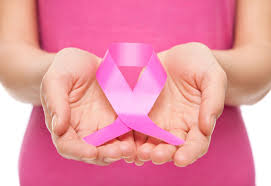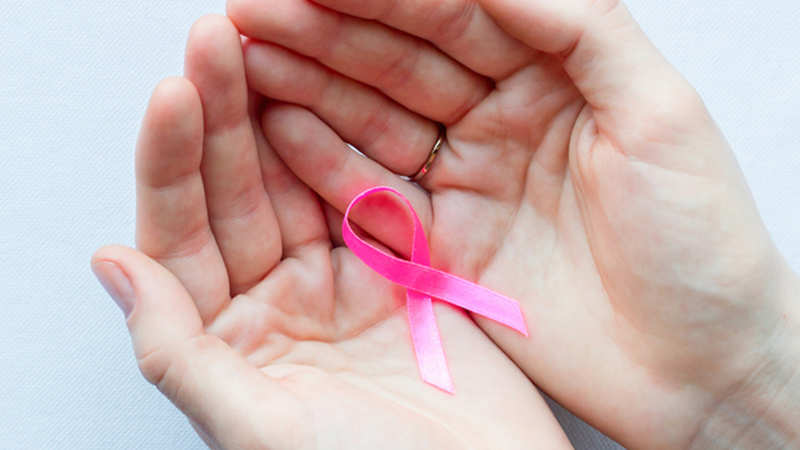Have you ever had someone who had cancer and you didn’t know how to deal with this news? It is difficult to understand their plight during that hard time and sometimes you don’t know how to react. It can be stressful to deal and maintain a daily life routine with someone who has been diagnosed with breast cancer. As hard as it can be to adapt to a life with breast cancer and a life after breast cancer, it is important that you handle the patient and the loved ones with the right mental stability. There are various associations and NGOs that offer the tips and hints for anyone who is dealing with survivors of breast cancer and on-going patients. Here is our bit to this noble cause, hope it will be of help.

What can you do to help? – If your friend or any family member is newly diagnosed or in the middle of the treatment, then she will be unlikely to be surprised by any offers or have too much to think of. She already has a lot on her mind already, so do not add more. It is sure for that she would not want to hear about things that are none of her concern. There is nothing you can do except for being there for them whenever they need you.
Listen to them – Even if they say something several times, it is always better to just listen to it. Listening to someone who is in pain helps a lot as the person feels like someone is here to hear them out. If the patient has made a decision, then listening to the reasons as to why she has chosen this responsibility helps. Being heard aids in building the patient’s self-knowledge and builds trust, it also increases their self-esteem.
There has to be changes – It is normal that their behavior changes gradually, so be prepared for changes in your loved one’s behavior and mood. All the medications and its side effects and the ones from the treatments may make her feel depressed, angry, or tired.
Be their writing hand or note taker – With all that medications intake, it is quite normal that the patient feels weak to even lift their hand. So being their writing hand or note taker helps a lot!
Be digitally available for them – Internet has made everything so easy that it is considered a great way to help a breast cancer patient is to visit their page regularly. There are sites like Mylifeline.org, Caringbridge.org, and more that allow people build private or public communities where the patient updates and schedules can be shared. There are also blogs available that offer scheduling the breast cancer patients or their families or friends about their treatment and recovery progress.

Be there to administer medication – It is important that a breast cancer patient have all the medication on time and in the right dosage. You can help by making a list of all medications, dosages, and frequency that it is taken. If you accompany that person to the doctor, then do take the list along with you in the medical appointments. Note the name, address, and phone number of the pharmacy to each appointment. Do not forget to give medications that is according to the prescription of the doctor.
Meals and food prep – When you live with a cancer patient, it is normal for them to have a loss of appetite. So it is always better to plan a grocery shopping every 15 to 20 days! Do ask your loved ones what foods they want to eat. Always opt for a healthy diet with vegetables, fruits, and proteins as it is important for recovery. Have the help of a dietitian or nutritionist at the hospital to draft menus and recipes for food that are good for breast cancer patients. Do inquire if there is easy-to-drink protein beverages that can be used as a meal replacement option. Do occasionally pick up food from their preferred restaurants.
Day to day responsibilities – As a caregiver, you have a lot of responsibilities that include personal care, administering medication, preparing meals, cleaning, transportation, scheduling, banking, and navigating health insurance. It is a lot because there is double of what you normally face in the daily life. If possible, do have the task delegated to some other friends or family members. Make them feel as normal as possible and always give positive feedback for your responsibilities that your loved ones takes on and accomplishes.

Recreational activities – People with breast cancer are less energetic and shows less interest and enthusiasm for activities, even if they have enjoyed it in the past. Make a list of activities, such as watching a movie or any other special event to look forward to. Do have mild exercises, like walking, that can help your loved one to feel better and provide positive outcomes. Do more of shared activities to let them know that you also enjoy the event or activity.
Emotional support – It is essential to have a positive attitude that is good for your loved ones and yourself. Being diagnosed with cancer can cause both physical and psychological stress with a range of emotions, including fear, anxiety, depression, and even anger. Some of the emotions that your loved ones experience may seem unlike their original personalities. Let them express their emotions in healthy ways that will help them.



